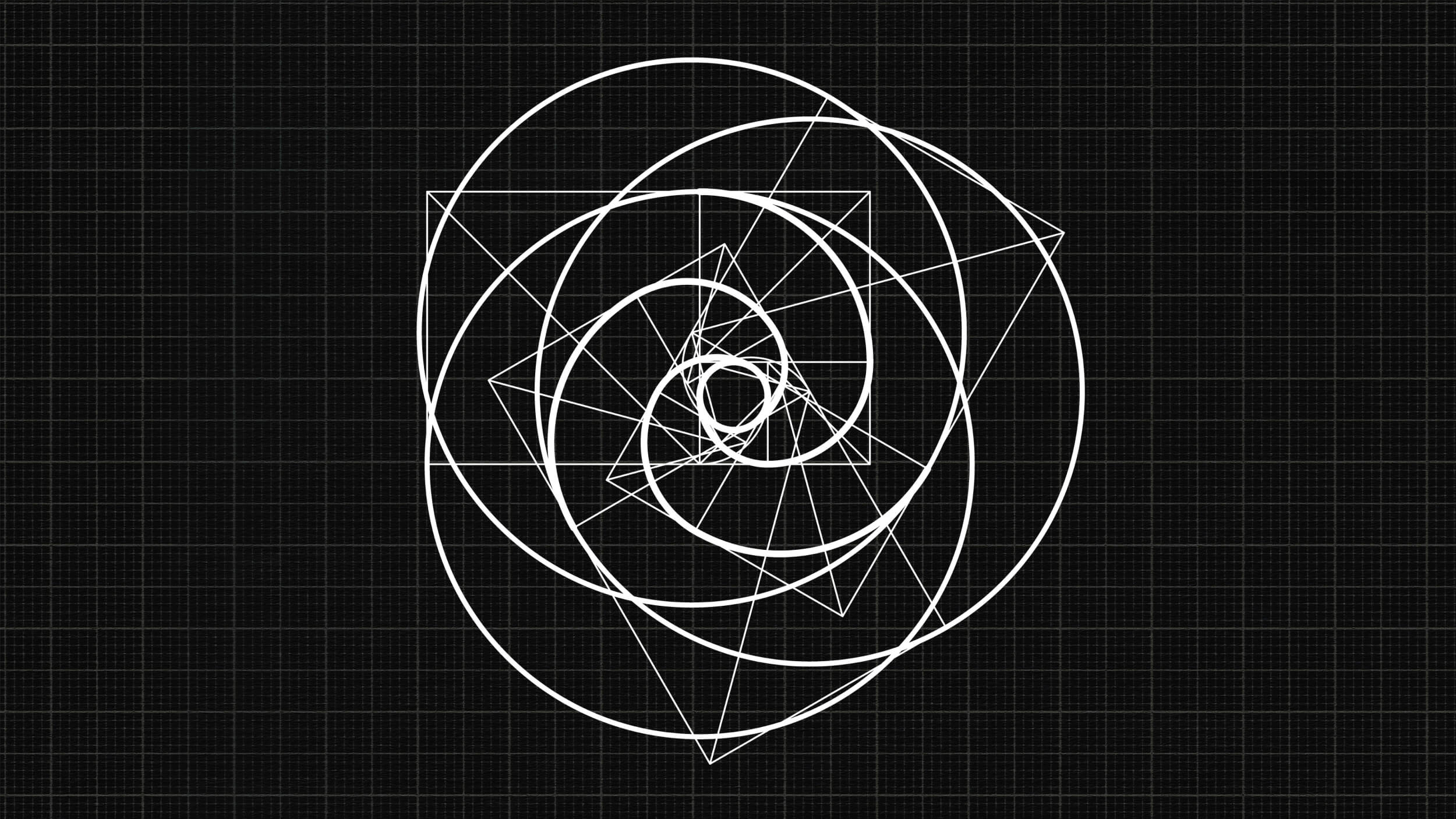Alan Gilbert has been musical director of the New York Philharmonic since September 2009. He was previously chief conductor and musical adviser to the Royal Stockholm Philharmonic Orchestra, and has[…]
Sign up for the Smarter Faster newsletter
A weekly newsletter featuring the biggest ideas from the smartest people
The conductor demonstrates some of the basic hand motions involved in his craft.
Question: Explain some of the basic motions that you use to indicate how people should play.
Alan Gilbert:rn The basic premise of conducting is that you have to give a beat before rnthe sound. So if I want a sound to happen... say if we're counting one,rn two, three, four, boom... and something happens on the next "one," so rnif we're counting in four: one, two, three, four, one, two, three... If rnsomething happens on the next 'one,' then I would have to make a motion rnstarting on "four." So I'll count... I go one, two, three, four, one. rnSo I start at the gesture before. Anything that happens, you have to rnindicate it, you have to start indicating it a beat before. That's the rnbasic premise. There are more subtleties that can come into play, but rnessentially you show things a beat before they happen. So if something rnhappens on 'three' – one, two, three, four, one, two, three. I alter myrn gesture on 'two' in order to show that something is gonna happen on thern next 'three' or on 'four' I go one, two, three, four—I just give a rnlittle bit extra impetus on "four."
Then, the next level is the rnquality of sound. If you want it to be a sharp decisive sound, then yourn give a more sharply defined, more decisive gesture. So one, two, rnthree, four, one – you give more impetus. Or if you want a softer soundrn one, two, three, four, one -you can give a more gentle sound. Or if rnyou want to show that... you can use the left hand to show that you wantrn more. There's the time that's going on, but within the gesture, you rncan alter also the quality of sound. If the arm is very, very... if yourn fill it with intensity, the sound will tend to be more active and more rnrich. And if you allow the arm to be lighter and weightless, that is rnalso reflected in the sound.
So those are the basic things... rnjust showing the time. Events have to be shown one beat before. Then rnthe quality of sound on those events can be affected by the speed of thern gesture, the intensity of the gesture, and also the texture, if you rnwill, of the body itself.
Recorded on June 18, 2010
Interviewed by David Hirschman
Alan Gilbert:rn The basic premise of conducting is that you have to give a beat before rnthe sound. So if I want a sound to happen... say if we're counting one,rn two, three, four, boom... and something happens on the next "one," so rnif we're counting in four: one, two, three, four, one, two, three... If rnsomething happens on the next 'one,' then I would have to make a motion rnstarting on "four." So I'll count... I go one, two, three, four, one. rnSo I start at the gesture before. Anything that happens, you have to rnindicate it, you have to start indicating it a beat before. That's the rnbasic premise. There are more subtleties that can come into play, but rnessentially you show things a beat before they happen. So if something rnhappens on 'three' – one, two, three, four, one, two, three. I alter myrn gesture on 'two' in order to show that something is gonna happen on thern next 'three' or on 'four' I go one, two, three, four—I just give a rnlittle bit extra impetus on "four."
Then, the next level is the rnquality of sound. If you want it to be a sharp decisive sound, then yourn give a more sharply defined, more decisive gesture. So one, two, rnthree, four, one – you give more impetus. Or if you want a softer soundrn one, two, three, four, one -you can give a more gentle sound. Or if rnyou want to show that... you can use the left hand to show that you wantrn more. There's the time that's going on, but within the gesture, you rncan alter also the quality of sound. If the arm is very, very... if yourn fill it with intensity, the sound will tend to be more active and more rnrich. And if you allow the arm to be lighter and weightless, that is rnalso reflected in the sound.
So those are the basic things... rnjust showing the time. Events have to be shown one beat before. Then rnthe quality of sound on those events can be affected by the speed of thern gesture, the intensity of the gesture, and also the texture, if you rnwill, of the body itself.
Recorded on June 18, 2010
Interviewed by David Hirschman
▸
2 min
—
with





